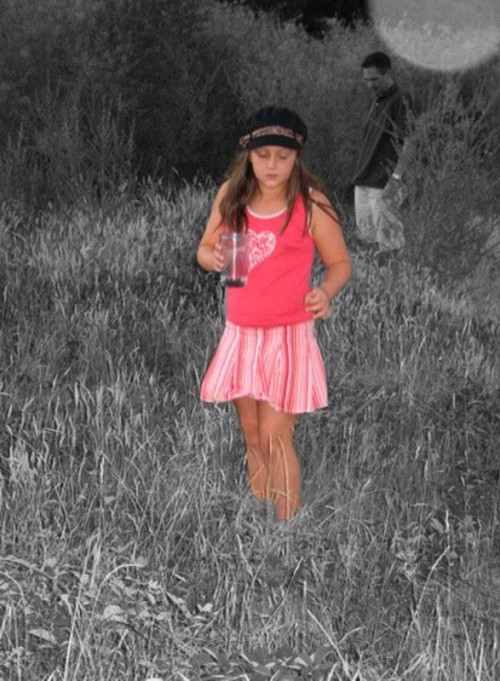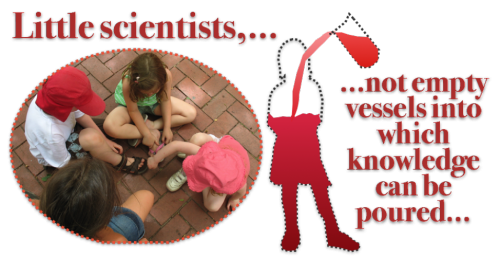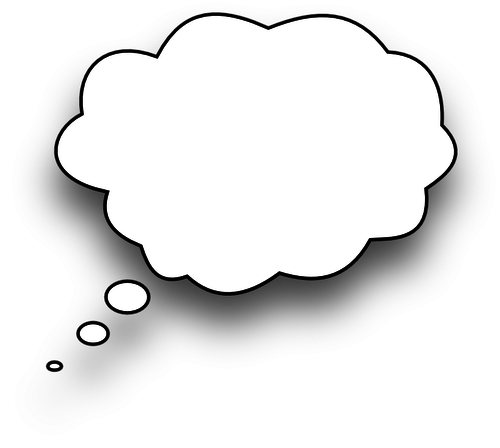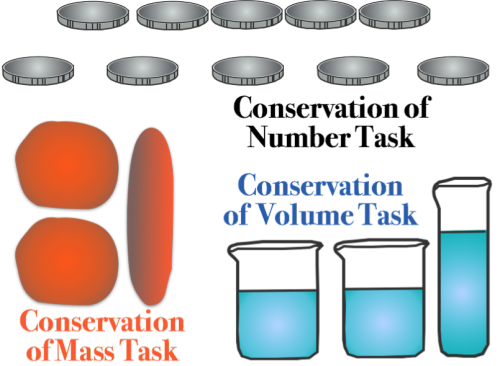“Human knowledge is essentially active.”
• Jean Piaget •

Children think differently from adults.
This seems self-evident to us now, yet before the theory of Jean Piaget permeated the ideas of parents and educators, it was more commonly believed that children were like miniature adults who just needed to receive the knowledge we imparted. So it was that they were seated in straight lines in primary schools, where they wrote in copy books and learnt by rote. To a large extent, they were viewed as “empty vessels” needing to be filled.
Piaget revolutionised our view of children’s minds by challenging the notion of children as passive receivers of adult knowledge. He viewed them instead as “little scientists” who learn by doing, by theorising, by experimenting and by constantly refining their mental constructions, or schemas, of the world.
Piaget’s ideas have been studied, evaluated and questioned for decades. Many aspects of his stage theory of cognitive development have been challenged and disputed. Yet his theory remains as a monumental contribution to our understanding of children and their intriguing “ways of knowing”.
Ms Green

Watch

- Nature and Nurture: The Study of Twins from the BBC
- BBC documentary about the controversial work of Harry Harlow, exploring contact comfort with rhesus monkeys (quite disturbing for animal-lovers): Monkey Love Part 1 | Part 2
- A Child’s World: Mind Games 1 (Theory of Mind, symbolic thought) | Mind Games 2 (marble/piggybank task)
- Piaget: Crash Course Psychology: The Growth of Knowledge
- Child in Preoperational Stage: Three conservation tasks
- Erikson: Psychosocial Development in 8 Stages by Paul Glazer, Ohio State University
Read
- A summary of all four of Piaget’s stages from In a Nutshell

- An excellent summary of Piaget’s ideas and theory from Simply Psychology
- A brief, clearly explained summary of Piaget’s four stages from About.com
Activities
 Kahoot – Development and the human lifespan: Class Mode | Preview Mode
Kahoot – Development and the human lifespan: Class Mode | Preview Mode- Online quiz based on Crash Course Psychology video: Piaget and the Growth of Knowledge (introduction, stages 1 and 2)
- Online quiz: Piaget in Words and Stages
- Kahoot – Piaget: Class Mode | Preview Mode
- Piaget in Words and Stages: Online Crossword
Downloads (as PDFs)
- Essential notes: Development
- Presentation: Piaget – Introduction

- Presentation: Piaget – Stages 1 and 2
- Presentation: Piaget – Stages 3 and 4
- Handout: Piaget in Words and Stages 1 (Stages 1 and 2)
- Handout: Piaget in Words and Stages 2 (Stages 3 and 4)
- Handout: Erikson’s stages
Crash Course Psychology: The Growth of Knowledge

